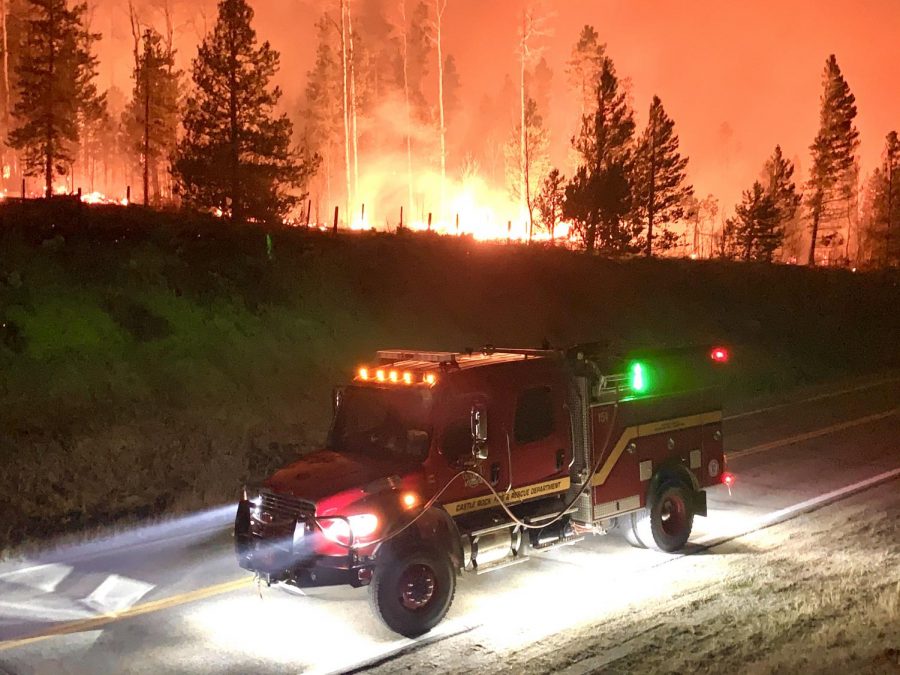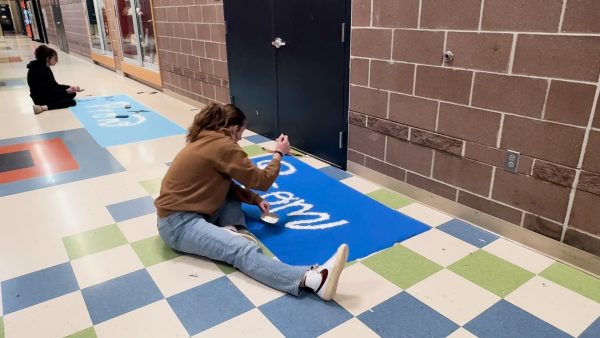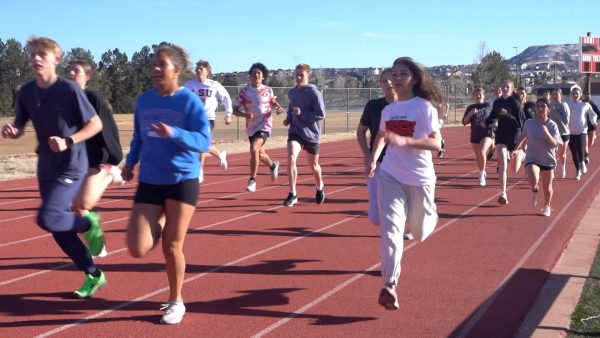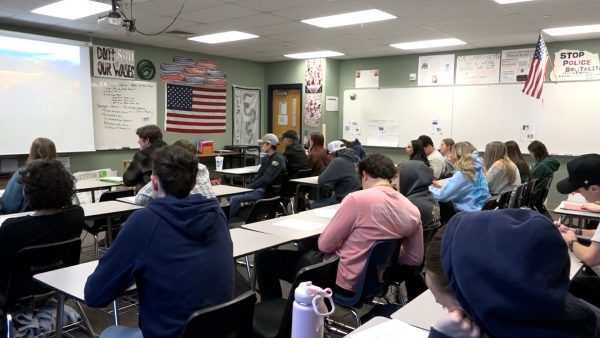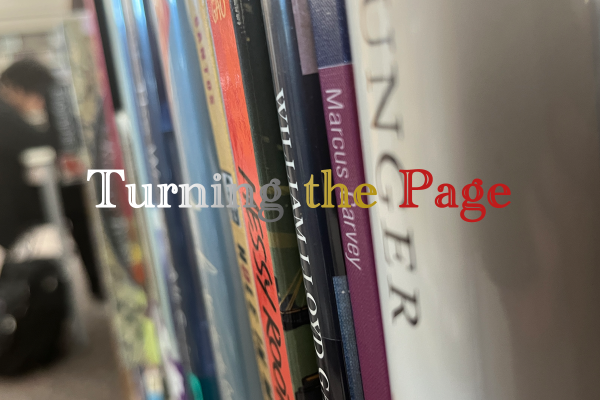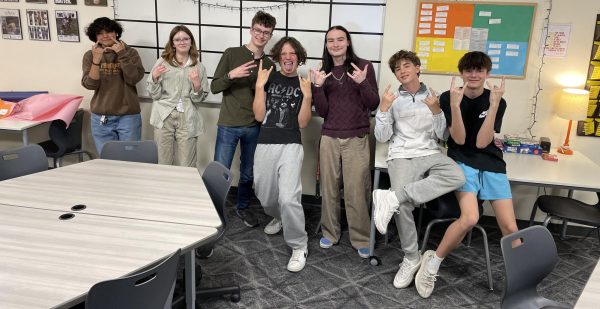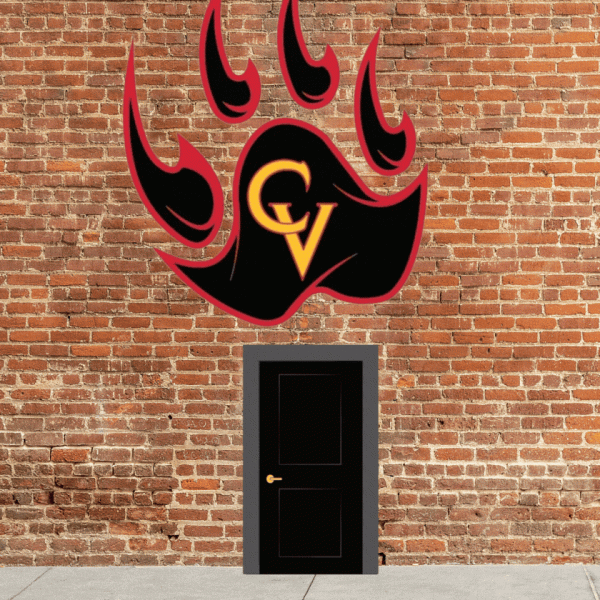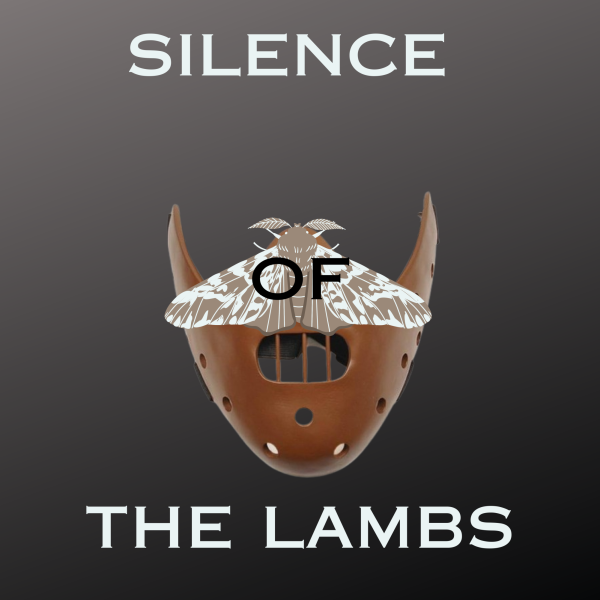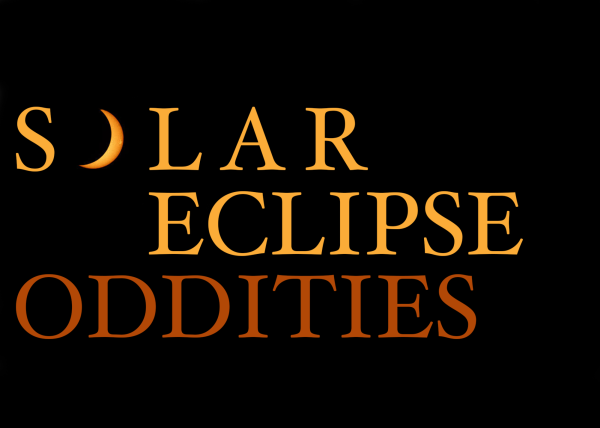Blazing Fires
As fires are burning around Colorado, Firefighters are out risking their lives trying to protect us from the smoke and danger.
30 Year old Nolan Devine has been a firefighter for two and a half years, going out and his health in order to protect the community from the danger and smoke. Devine and his team have been working hard in order to defeat all fires and in order to get home to their families.
Hernandez: Do you work 24 or (48) hours shifts, if so how does your family feel about you working that long?
Devine: “Normally we work 48 hour shifts here at Castle Rock Fire department, with the shifts starting at 7am. Luckily I have a very strong family support system, and they understand the long hours I can spend away from home. My fiancé understands what the job entails, but does miss me when I am gone for longer than a regular scheduled shift. Sometimes we will work overtime and can work up to 72 hours straight. When we get deployed to wildland fires such as the East Troublesome Fire, we can be gone from our family for up to two weeks. Luckily I was only gone for one week. Usually, it would be 15-17 hour work days on the fire line and slept around five hours each day out there.”
Hernandez: How have you prepared yourself to remain calm and react effectively at emergency scenes?
Devine: “Preparing myself to remain calm on calls comes with experience and practice. When I first started I would be a lot more nervous showing up to calls, but stayed near the senior guys in the department to help seek guidance from them. After starting in EMS nine years ago, and being on the fire department for a little over two years, all the calls combined have helped build my confidence up and provided me with seeing a lot of different types of calls, which in turn helps me remain calm, because I have seen the same situations arise before.”
Hernandez: How do you feel about the fires here in Colorado?
Devine: “I think the fires in Colorado are more intense than they used to be. While wildfires are a natural way of cleaning up the forest and giving it a fresh start, beetles kill trees and prolonged periods without rain make a recipe for dangerous and out of control wildfires.”
Hernandez: How does it make you feel when people know we are in a serious situation due to fires and they still go out and hike or walk around?
Devine: “I think it is okay for people to still go out and hike/walk around when there is a high fire danger or current wildfires burning throughout the state. I just think people need to be more aware of the dry conditions, respect local laws prohibiting campfires, and also be mindful not to smoke or throw cigarettes on the ground.”
Hernandez: What made you want to be a firefighter?
Devine: “The year after I graduated high school, my family and I celebrated Thanksgiving at my stepsister’s house. Her husband was a firefighter and had to go to work the following day. He asked if I wanted to come do a ride-along with his department, so of course, I couldn’t say no. After spending all day with him and his crew, responding to traffic collisions and medical calls, I realized how awesome and rewarding of a job it was, so I switched gears in college and started taking the steps to pursue Firefighting.”
Hernandez: How has COVID-19 affected your Job?
Devine: “Covid has affected my job in the sense that we have to take extra precautions when responding to medical calls. I am also a Paramedic, so when we respond to calls we always have to wear a mask, eye protection and if the call is covid related, we have to wear a Tyvek suit or “protective suit”. Treating patients with respiratory issues can be tricky because covid is transmitted via airborne, so any respiratory distress/issues that we are called to, we have to be more cautious in the actions we take, not only in treating the patients but also making sure we as providers are safe too.”
Hernandez: What are your greatest fears?
Devine: “My greatest fear in this job is the possibility that every day I leave for work, it could be the last time I see my family and fiancé. Not making it home safely is my biggest fear, but I don’t dwell on that thought. I know the job I signed up for is dangerous and comes with a lot of responsibility. So, I make sure I work my hardest every call to be as safe as possible so that I do make it home safe.”
Hernandez: Are the fires in Colorado getting worse?
Devine: “Yes, I believe the fires are getting worse in Colorado. I think there are multiple factors causing fires to become worse. Examples would be warmer temperatures lasting longer into the year. Dry weather conditions and lack of rain/snowfall play a big factor. Dry dead fuels such as beetle kill trees in the forest are a recipe for disaster. Forest mitigation is a really important tool in protecting forests for decades to come.”


